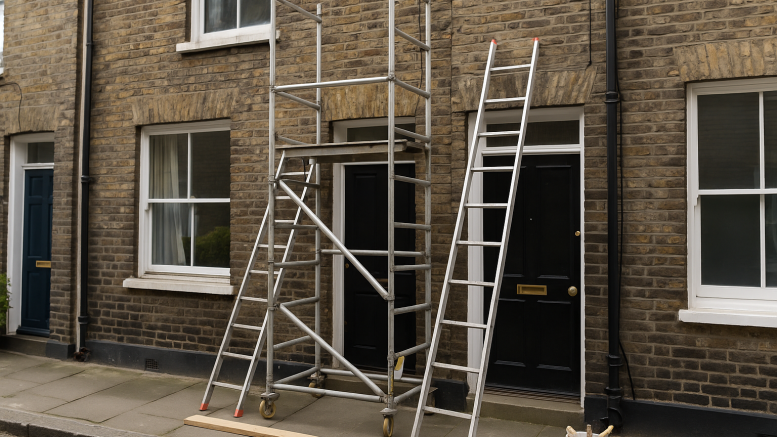A stark warning from the Housing Ombudsman has put England’s social landlords on notice: tenant complaints about living conditions jumped 474 per cent between 2019/20 and 2024/25, and “we effectively risk the managed decline of one of the largest provisions of social housing in Europe” unless funding and maintenance practices change. For private investors, the message is clear-professional landlords are already delivering higher satisfaction and could play an even bigger role if policy lets them grow.
Social landlords stretched to breaking point
The Ombudsman’s Repairing Trust report highlights ballooning repair backlogs. It proposes an annual National Funding Settlement, a “universal vacant-home standard” before reletting, and a national resident body to balance power between tenants and providers. Yet the scale of work is daunting: replacing the homes that fall below standard could take more than sixty years at current build rates. One Barnsley councillor admitted privately that “if another wet winter hits, we’ll be fixing roofs until next Christmas.”
Private renters report greater satisfaction
Numbers from the latest English Housing Survey tell a different story for the private market. Seventy-six per cent of private renters are happy with their housing services, compared with sixty-four per cent of social renters. When things do go wrong, fewer private tenants feel let down-only forty-seven per cent were unhappy with complaint outcomes, versus sixty-six per cent in social housing. Propertymark argues the contrast is no accident: the PRS “has a consumer-choice dynamic,” so landlords must respond quickly or lose tenants who can simply move on.
Tax rethink could unlock fresh supply
Propertymark chief executive Nathan Emerson applauded the Government’s new National Housing Bank, which aims to channel private money into 500,000 additional homes, but he insists real momentum requires tax reform. “All Governments across the country need to keep their fingers on the pulse of the issue of under-investment and further encourage a vibrant and growing private rental sector,” he said. The trade body wants full mortgage-interest relief restored and the three-per-cent stamp-duty surcharge scrapped to tempt new landlords into the market.
With social providers struggling to maintain ageing stock and tenant satisfaction higher in professionally managed private homes, the case for boosting landlord investment looks stronger than ever. The question for ministers is simple: will the next Budget recognise the private rented sector as a pressure valve for Britain’s housing shortage-or double down on policies that discourage the very investors keeping roofs over so many heads?








